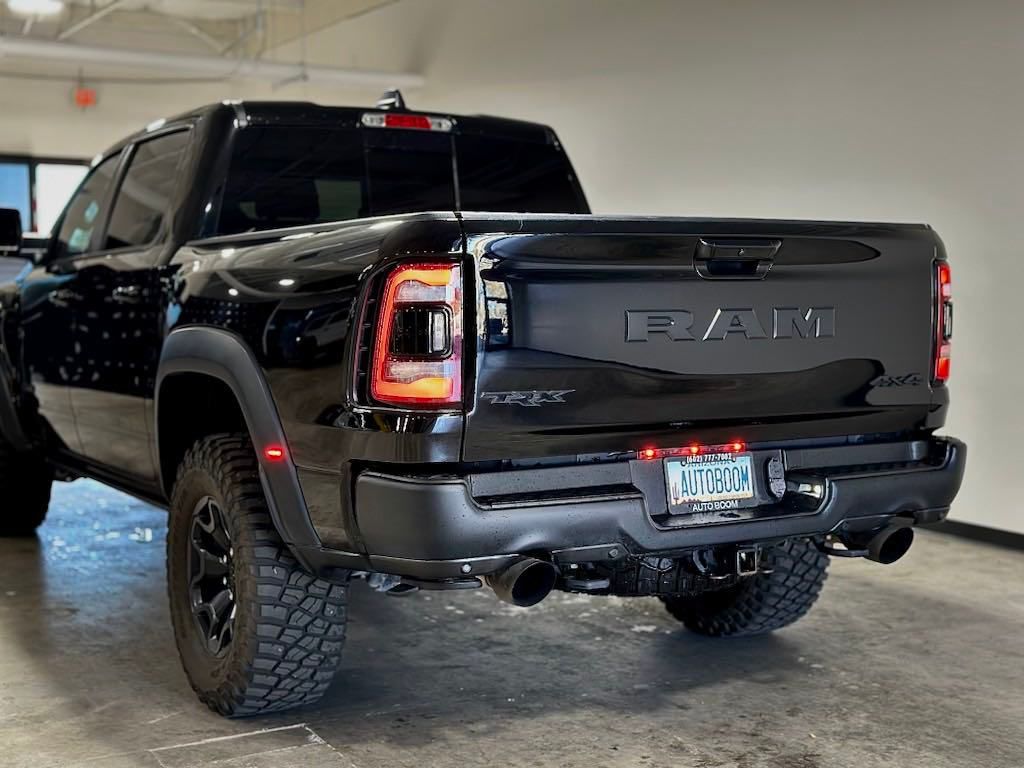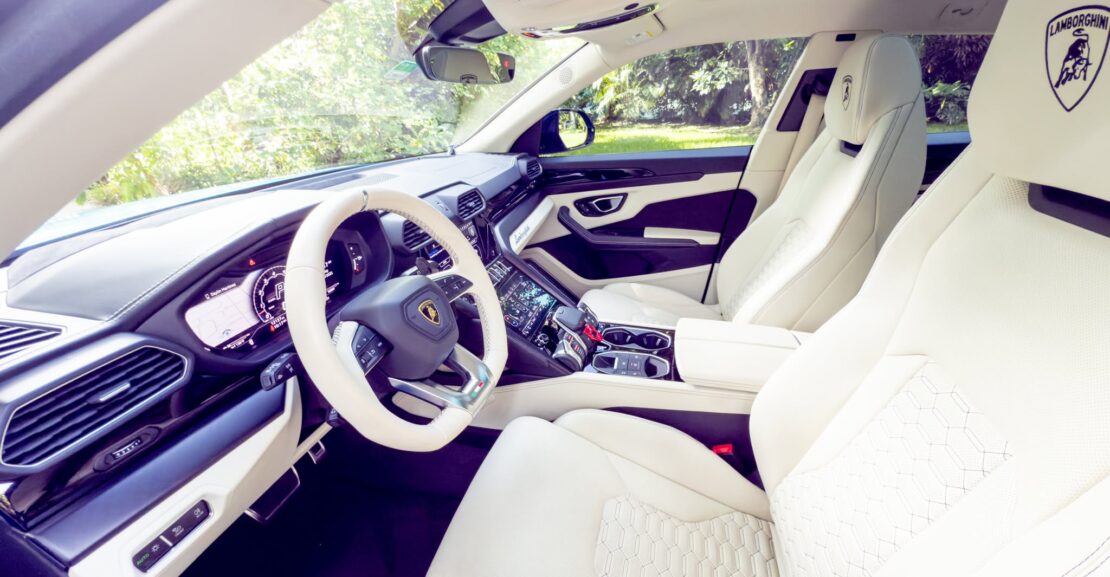
What does the IRS consider a luxury vehicle? You might be surprised to learn that this definition can impact your taxes, particularly if you’re considering buying a high-end car or if you’re in the business of buying and selling vehicles. The IRS has specific guidelines that can help you understand what qualifies as a luxury car for tax purposes.
Understanding Luxury Vehicles
When you hear “luxury vehicle,” you might think of high-end brands like Mercedes-Benz, BMW, or Tesla. However, the IRS defines a luxury vehicle in tax terms using specific criteria that may differ from your typical perception.
The IRS focuses on the cost of the vehicle when establishing whether it counts as a luxury vehicle. According to IRS guidelines, if the vehicle exceeds a certain value, it is subject to different tax rules. This primarily refers to the vehicle’s purchase price rather than its brand or luxury features.
Why the IRS Care About Luxury Vehicles?
You may wonder why the IRS even cares about luxury cars. The reasoning lies in tax deductions that business owners can claim when using a vehicle for business purposes. Because luxury vehicles generally have higher price tags, claiming tax deductions may lead to substantial reductions in taxable income. The IRS wants to limit the tax benefits associated with luxury vehicles through specific vehicle cost thresholds.
The Current Luxury Vehicle Threshold
The IRS revises the limit for luxury vehicles every few years to keep it in line with inflation. As of the last update, the IRS defines a luxury vehicle as one costing more than $20,200 for cars, and for trucks and vans, it’s $23,100. Any vehicle exceeding these prices must follow different rules regarding depreciation limits.
Here’s a quick breakdown of the luxury vehicle threshold you might find useful:
| Type of Vehicle | Luxury Vehicle Threshold |
|---|---|
| Cars | $20,200 |
| Trucks and Vans | $23,100 |
Impact of Luxury Vehicle Status
If your vehicle surpasses these thresholds, you may face limits on how much you can depreciate in a given year. For example, the IRS allows a limited deduction amount for luxury vehicles, unlike standard vehicles. This distinction can significantly affect your tax returns if you use the car for business.
It’s also important to note that if you frequently use your vehicle for business, the luxury vehicle status can affect your overall business expenses and tax liabilities.
Tax Deductions and Luxury Vehicles
Understanding how tax deductions apply to luxury vehicles can be complex. If you own a luxury vehicle and use it partially for business, you can still claim deductions based on the percentage the car is used for business. However, remember that the luxury vehicle caps apply.
Business Use Percentage
When it comes to tax time, you will need to determine how much you use the car for business. This percentage will influence how much you can deduct. If you use the vehicle 70% for business and 30% for personal use, you can only claim deductions on 70% of the allowable amount.
For example, if you qualify for a luxury vehicle deduction cap of $10,000 in a given year, you can claim $7,000 if you use the vehicle 70% for business.
Depreciation and Luxury Vehicles
Depreciation is another critical aspect of tax deductions for luxury vehicles. The IRS allows different depreciation rates based on the type of vehicle and its cost.
Depreciation Limits for Luxury Cars
The IRS sets specific depreciation limits for luxury cars. For the first few years, you can claim a higher amount, but it decreases dramatically over time. Here’s a quick look at how the depreciation limits decrease:
| Year | Deduction Limit |
|---|---|
| Year 1 | $10,100 |
| Year 2 | $16,000 |
| Year 3 | $9,600 |
| Year 4 and beyond | $5,760 |
Example of Depreciation Calculation
Let’s say you bought a luxury car for $50,000 and you use it for business 80% of the time. Here’s how your deductions would roughly break down:
- Year 1: You can deduct $10,100 or 80% of that, which equals $8,080.
- Year 2: The allowance drops to $16,000, so you’d claim 80%, which equals $12,800.
- Year 3: The deduction limit drops to $9,600, resulting in a claim of $7,680.
- Year 4 onwards: You can continue to claim $5,760 for the remaining business usage.
In total, you could potentially deduct a significant amount over four years.
Special Rules for SUVs and Vans
If you happen to drive a larger vehicle or an SUV, different rules may apply. SUVs can offer higher deduction limits due to their weight. For SUVs that weigh over 6,000 pounds, you can jump over the luxury vehicle deduction limits.
Luxury Vehicle Specifications
To qualify for luxury vehicle tax deductions, specific details like the manufacturer’s suggested retail price (MSRP) will come into play. If you drive an SUV with a higher MSRP yet still has a significant weight, you may find more benefits in tax write-offs than with lighter luxury cars.
How Financing Affects Luxury Vehicles
When purchasing a luxury vehicle, how you finance it can also impact your tax situation. Are you leasing or buying? Each option has different tax implications.
Buying vs. Leasing
If you buy a vehicle, you can claim depreciation. This means that as the vehicle loses value, you can deduct that loss, up to the luxury vehicle limits. On the other hand, if you lease your luxury vehicle, you can usually deduct the entire lease payment based on the business use percentage.
Here’s a quick overview of both options:
| Option | Tax Deduction |
|---|---|
| Buying | Depreciation based on limits |
| Leasing | Lease payments based on usage |
Recommendations for Luxury Vehicle Owners
If you own a luxury vehicle or are considering purchasing one, it’s wise to stay informed about the IRS regulations. Here are a few recommendations:
- Keep Detailed Records: Document how you use your vehicle for business since this will impact your tax deductions.
- Consult Tax Professionals: Tax laws can change, so it’s essential to check in with a tax professional who can guide you based on your situation.
- Plan Your Purchases: Think strategically about when and how you buy your luxury vehicle to maximize your tax benefits.
Final Thoughts
Understanding what the IRS considers a luxury vehicle can significantly impact your taxes, especially if you use the vehicle for business purposes. Staying informed, maintaining clear records, and knowing the limits can greatly benefit your financial planning.
As you navigate these complexities, consider reaching out to experts in luxury cars. Xclusive Automotive Group can answer questions you have about exotic cars. They’re open Monday through Friday from 10:00 AM to 7:00 PM, and Saturday from 10:00 AM to 6:00 PM. Here are the details:
Xclusive Automotive Group
- Address: 14505 Hayden Rd, Suite 100, Scottsdale, AZ 85260
- Phone: (480) 997-0561
- Website: Xclusive Automotive Group
Keeping up to date on IRS guidelines and luxury vehicle definitions ensures you’re making informed decisions. Whether you are looking to buy a current model or considering a used luxury vehicle, staying informed can help you make the best choice for your pocketbook and lifestyle.


